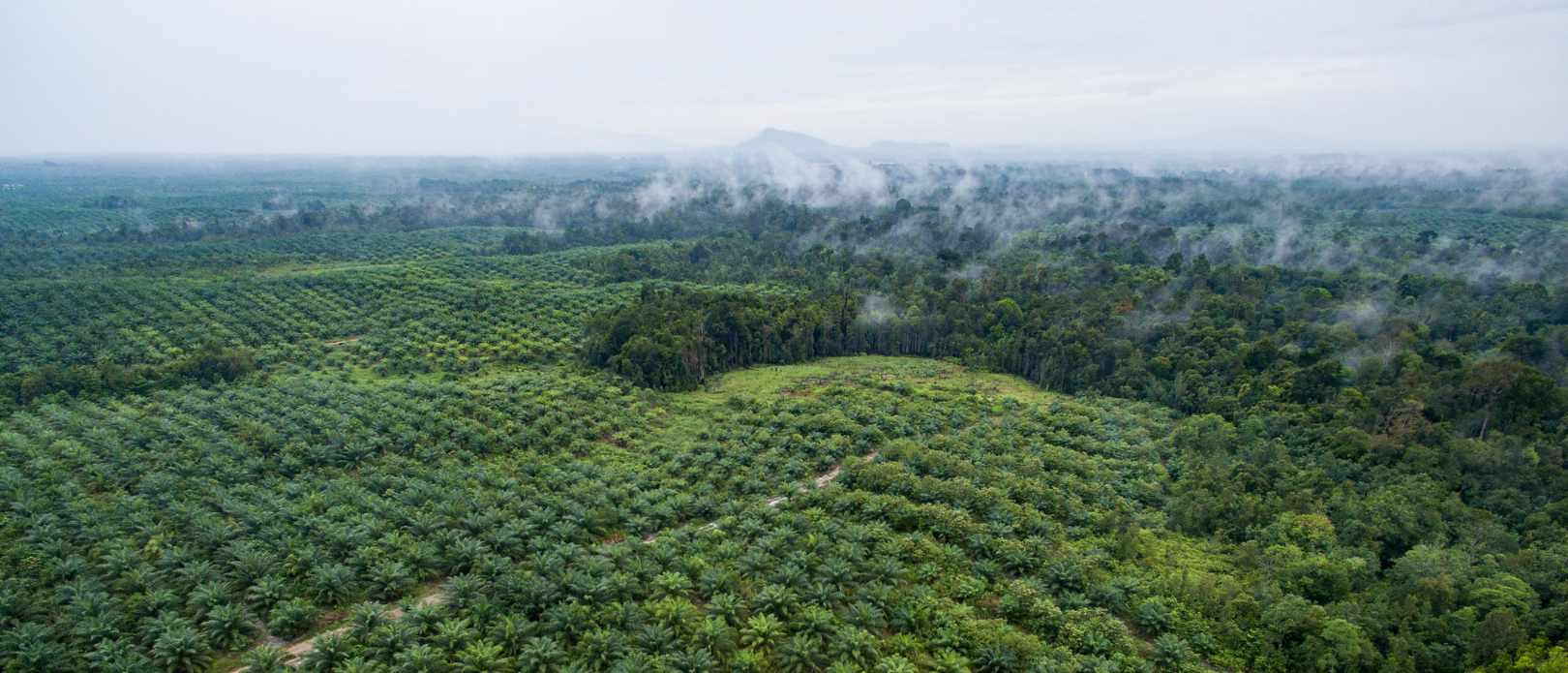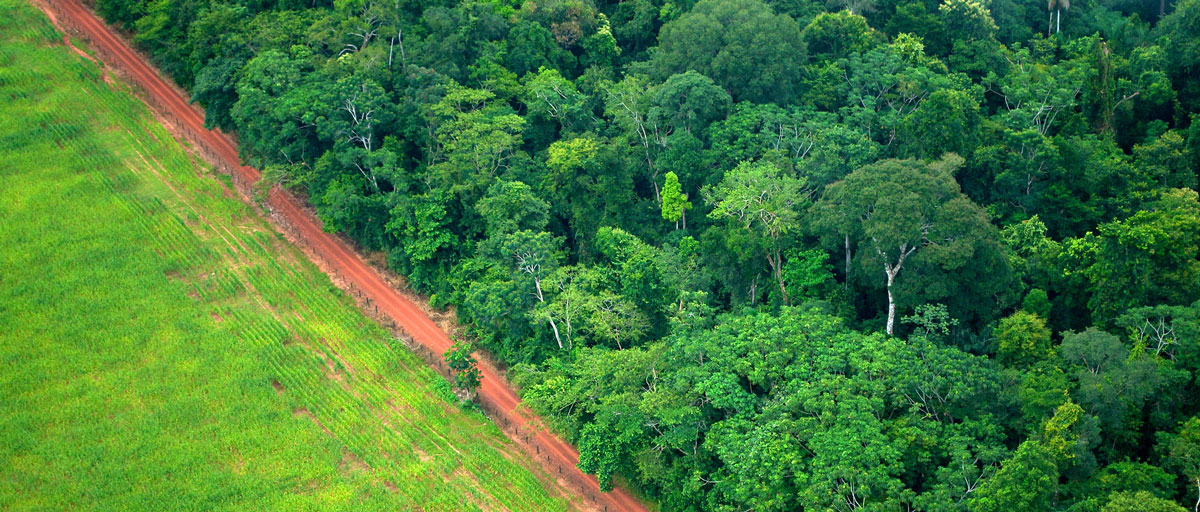GLOBAL GOALS AND NATIONAL efforts
Uncovering the distal human and environmental impacts of China’s reforestation efforts

China may be a leader in reforestation but their pressure on other countries to provide forest and agricultural produces creates complex knock-on consequences for social equality, health, and ecosystems in these countries. One example is increased palm oil production in Southeast Asia. Photo: CIFOR/Flickr
How and why national sustainability initiatives contribute to unsustainable global development
- How a national initiative contributes to global sustainable development is still not yet fully understood
- Researchers applied the telecoupling framework to track how reforestation in China influences the social-ecological systems in countries it imports forest and agricultural commodities from
- They found that sustainability progress towards the SDGs due to reforestation in China is cancelled out by deforestation and activities supporting this reforestation
CROSSING BORDERS: Since 1978, forest coverage in China has increased from 12% to almost 22%, making the country a world leader in reforestation efforts.
New research in Global Environmental Change led by centre researcher Andrea Downing, with Grace Wong, Michelle Dyer, Ana Paula Aguiar, Odirilwe Selmane and Amanda Jiménez shows that sustainability progress from China’s reforestation efforts is largely cancelled out by deforestation in the countries China instead trades with to satisfy its growing demand for forest and agricultural products.
And the damage goes far beyond lost tree cover. The research shows how trade deals built on narratives and promises of economic development for exporting countries have complex knock-on consequences for social equality, health, and ecosystems in these countries – that translate into negative impacts across most of the UN’s Sustainable Development Goals.
The study by Downing and her colleagues is unique because it investigates how, and what distal processes influence local system dynamics, and translates these influences in terms of SDG impacts.
It also identifies social-ecological processes that contribute to, or go against meeting specific SDG targets in different exporting countries.
The level of detail we provide in our study highlights why theoretical or potential GDP growth does not justify deforestation in exporting countries.
Andrea Downing, lead author
Complex impacts of soy in Brazil
The study focused on rubber and palm oil production in Southeast Asia, soy production in Brazil, and logging in the South Pacific Islands.
Uniquely, the researchers looked at impacts across all SDGs, down to the individual target level.
High protein fodder soy exports to China made up 13% of Brazil’s export revenues in 2014.
The resulting deforestation and expansion of large scale monoculture has had complex social impacts – where measured social benefits are limited to soy production areas, and are obtained in large part by the in-migration of skilled workforces and the displacement of disenfranchised local communities.
Brazil's investment in production for China also means that the country is now highly dependent on China and currency exchange rates.
Spillover in Southeast Asia
In Thailand, rubber production follows a uniquely sustainable and resilient model. But although such measures are effective in managing production within the country, with increasing Chinese demand, rubber expansion is pushed beyond Thailand’s borders to countries with less stringent regulations.
Across these spillover countries - Myanmar, Laos and Cambodia - rubber expansion has led, among other things, to dispossession of rural communities, increased food insecurity, and exploitative relationships between farmers and agribusiness companies.
The paper illustrates how trade creates backdoors that countries and lobbies use to undermine the achievement of global goals for their own profits.
Existing social and environmental regulations, policies or laws are insufficient because they are essentially blind to these backdoors.
“To ensure that sustainability initiatives don’t solely benefit some at the expense of others, regulations need to be implemented regarding traded products, monitoring needs to account for impacts displaced through trade, and accountability needs to match power. In short, issues of distribution and of transnational equality need to be addressed,” conclude the authors.
Methodology
Using case studies of rubber and palm oil production in Southeast Asian countries, soy production in Brazil and logging in South Pacific Island states, the paper investigates cross-sector effects of production for and trade to China in these exporting countries. It uses a three-step multi-method approach. 1) Identification of distal trade flows and the narratives used to justify them, using a telecoupling framework; 2) Design of causal loop diagrams to analyse social-ecological processes of change in the case studies driven by trade to China and 3) Linking of these processes of change to the SDG framework.
Downing, A., Wong, G.Y., Dyer, M., Aguiar, A. P., Selomane, O., Jimenez Aceituno, A. 2021. When the whole is less than the sum of all parts – Tracking global-level impacts of national sustainability initiatives. Global Environmental Change Volume 69, July 2021, 102306, https://doi.org/10.1016/j.gloenvcha.2021.102306








